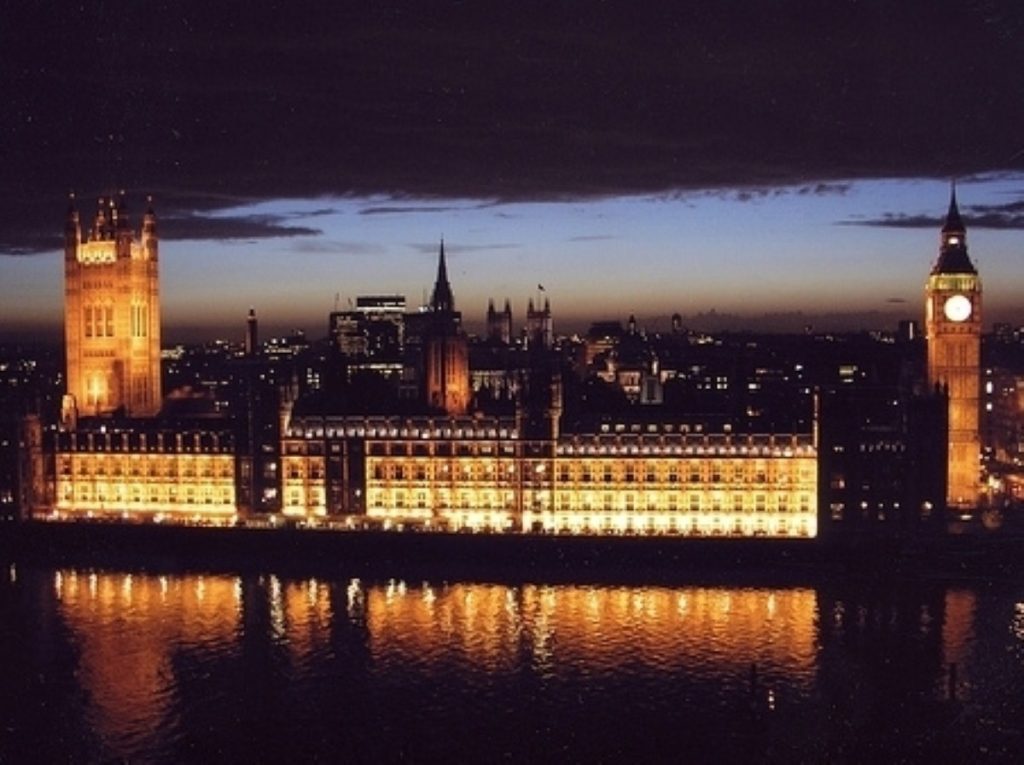Nationalists seek four-year fixed terms
Plaid Cymru and the Scottish National party have won Labour’s support as they attempt to shorten the life-span of each parliament.
The nationalists will try to force a vote in the Commons this evening as the fixed term parliament bill is scrutinised by MPs.
In a bid to secure stability in government the coalition is legislating to establish the maximum five-year period currently permitted between elections as the norm.


Experts point out the average parliament over the last two centuries has only lasted three years and eight months, however, reinforcing the nationalists’ argument that five years is too long.
“They’re going with a five-year fixed term because that is always the maximum period you can go without an election,” Stuart Wilks-Heeg, director of independent research organisation Democratic Audit, said.
“A five-year fixed term is very long by international standards.”
Jonathan Edwards on fixed-term parliaments:
Elections to the devolved administrations take place on a four-year cycle.
The nationalists want to amend the coalition’s existing proposals because, under current plans, their elections would fall on the same day as a general election once every 20 years. The first clash would take place in 2015.
“It’s very important when you have an election in which you form a Welsh government, a Scottish government and a Northern Ireland government that people are very clear about the choices they are making,” Plaid Cymru’s Jonathan Edwards told politics.co.uk.
“There’s huge potential for complicating the arguments [if a general election takes place at the same time]. Clearly in our view the devolved administration elections should be separate from the UK elections.”
Concerns are particularly strong in Scotland, where the 2007 Holyrood elections were overshadowed by confusion among voters about local elections occurring on the same day.
An Electoral Commission conference at the weekend reinforced the findings of Canadian elections expert Ron Gould that elections to the different levels of government in Britain should not take place on the same day, Mr Wilks-Heeg said.
“From a pure democratic point of view it is best if you separate the elections so they are on different dates,” he added.
Mr Edwards offered a more partisan perspective on the problem, complaining that Britain’s “very centralised media” would not give elections to Holyrood, Cardiff and Stormont sufficient coverage.
“With a devolved administration election clashing with the UK elections, the arguments around the Welsh elections would be totally drowned out,” he argued.
The SNP’s electoral reform spokesman Angus MacNeil said that the Scots parliament had acted on Mr Gould’s recommendations by ‘decoupling’ the local authority and Holyrood elections.
“I hope that when it comes to the vote, Labour members will vote in favour of this amendment and show the devolved legislatures the respect they have been denied by the Tories and the Liberal Democrats,” he said.
Labour leader Ed Miliband, the party’s shadow justice secretary Sadiq Khan and justice minister Chris Bryant have all backed the amendment, the nationalists claimed.
Mr Wilks-Heeg suggested holding the devolved administration elections to a different point in the year, perhaps in October or November.
But he added: “The problem then is the electoral register, which by that time of the year is very out of date.”









